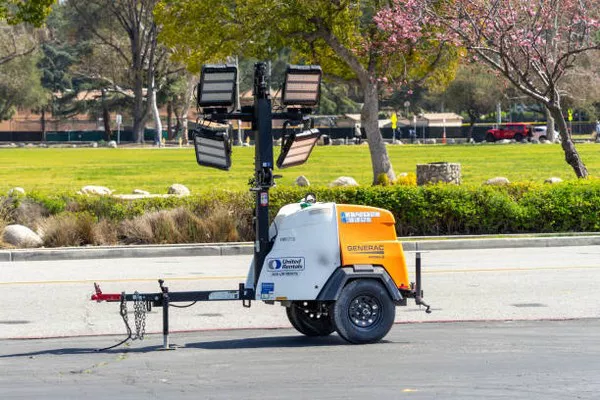In the face of rising temperatures and unpredictable power outages, having a reliable generator to keep your air conditioner running is crucial for maintaining comfort and safety. However, determining the right generator size to efficiently power your air conditioning unit is a task that requires careful consideration. In this comprehensive guide, we will explore the factors influencing generator sizing and provide valuable insights to help you make an informed decision.
Understanding Power Requirements:
Before delving into generator sizes, it’s essential to understand the power requirements of your air conditioner. Air conditioners are rated in British Thermal Units (BTUs), representing the amount of heat they can remove per hour. The higher the BTU rating, the more powerful the air conditioner.
To find the power consumption in watts, multiply the BTU rating by 0.293. For example, a 12,000 BTU air conditioner would consume approximately 3,516 watts (12,000 BTU x 0.293).
Calculating Starting and Running Watts:
When selecting a generator, it’s crucial to consider both starting watts and running watts. Starting watts are the initial surge of power required to start the air conditioner compressor, which is higher than the running watts needed to keep it running.
To determine the starting watts, check the air conditioner’s technical specifications or label. It’s usually mentioned as the “startup” or “maximum” power requirement. For running watts, use the BTU calculation mentioned earlier.
Choosing the Right Size:
Once you have the starting and running watts, you can choose the appropriate generator size. Generators are available in various capacities, typically measured in kilowatts (kW). It’s advisable to select a generator with a capacity higher than your air conditioner’s starting watts to accommodate other appliances connected to the generator simultaneously.
For instance, if your air conditioner requires 3,516 starting watts and 1,200 running watts, a generator with a capacity of at least 4,000 watts (4 kW) would be suitable. This ensures a buffer for other appliances and prevents overloading the generator.
Consider Additional Appliances:
Apart from the air conditioner, you may have other essential appliances that need to be powered during an outage. Refrigerators, lights, and electronic devices contribute to the overall load on the generator. Make a list of all the appliances you intend to run simultaneously and add their power requirements to determine the total load.
Factor in the Refrigerator, Lights, and Electronics:
Consider the power requirements of other appliances you plan to operate simultaneously with your air conditioner. Refrigerators, lights, and electronic devices contribute to the overall load on the generator. Create a list of these appliances and add their power requirements to determine the total load.
Calculate the Total Load:
After listing all appliances and their power requirements, add up the running watts to determine the total load. It’s crucial to include a safety margin of 20% to 30% to prevent overloading the generator. Overloading can lead to reduced efficiency, increased wear and tear, and even damage to the connected appliances.
Generator Fuel Efficiency:
Generator fuel efficiency is another critical factor to consider. Different generators run on various fuels such as gasoline, propane, or diesel. Assess the availability and cost of the fuel in your area, as well as the generator’s fuel consumption rate. Opt for a generator that strikes a balance between fuel efficiency and your specific needs.
Consider Noise Levels:
Generators can produce varying levels of noise, depending on their design and capacity. If you live in a residential area, noise regulations may restrict the use of loud generators. Choose a generator with lower decibel levels to ensure minimal disturbance to your neighbors and maintain a peaceful environment.
See Also Can You Leave a Generator Out in the Rain?
Conclusion:
Selecting the right generator size to power your air conditioner involves a thoughtful analysis of your specific requirements. Understanding the power needs of your air conditioner, factoring in other appliances, and considering fuel efficiency and noise levels are crucial steps in making an informed decision. By following these guidelines, you can ensure that your generator is appropriately sized to keep you cool during power outages while maintaining the overall efficiency and longevity of the equipment. Stay comfortable, even when the power goes out, with a well-chosen generator tailored to your needs.

